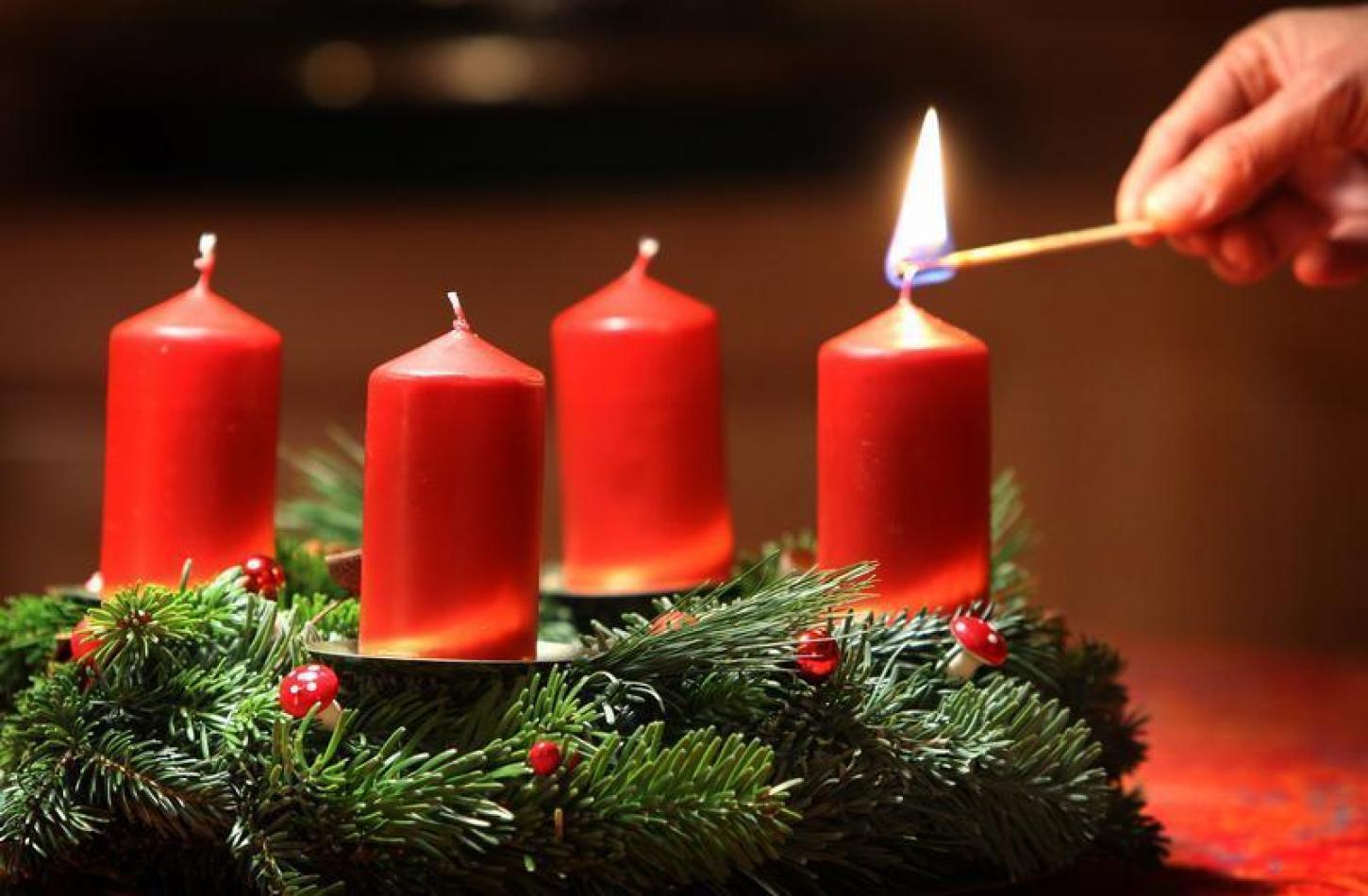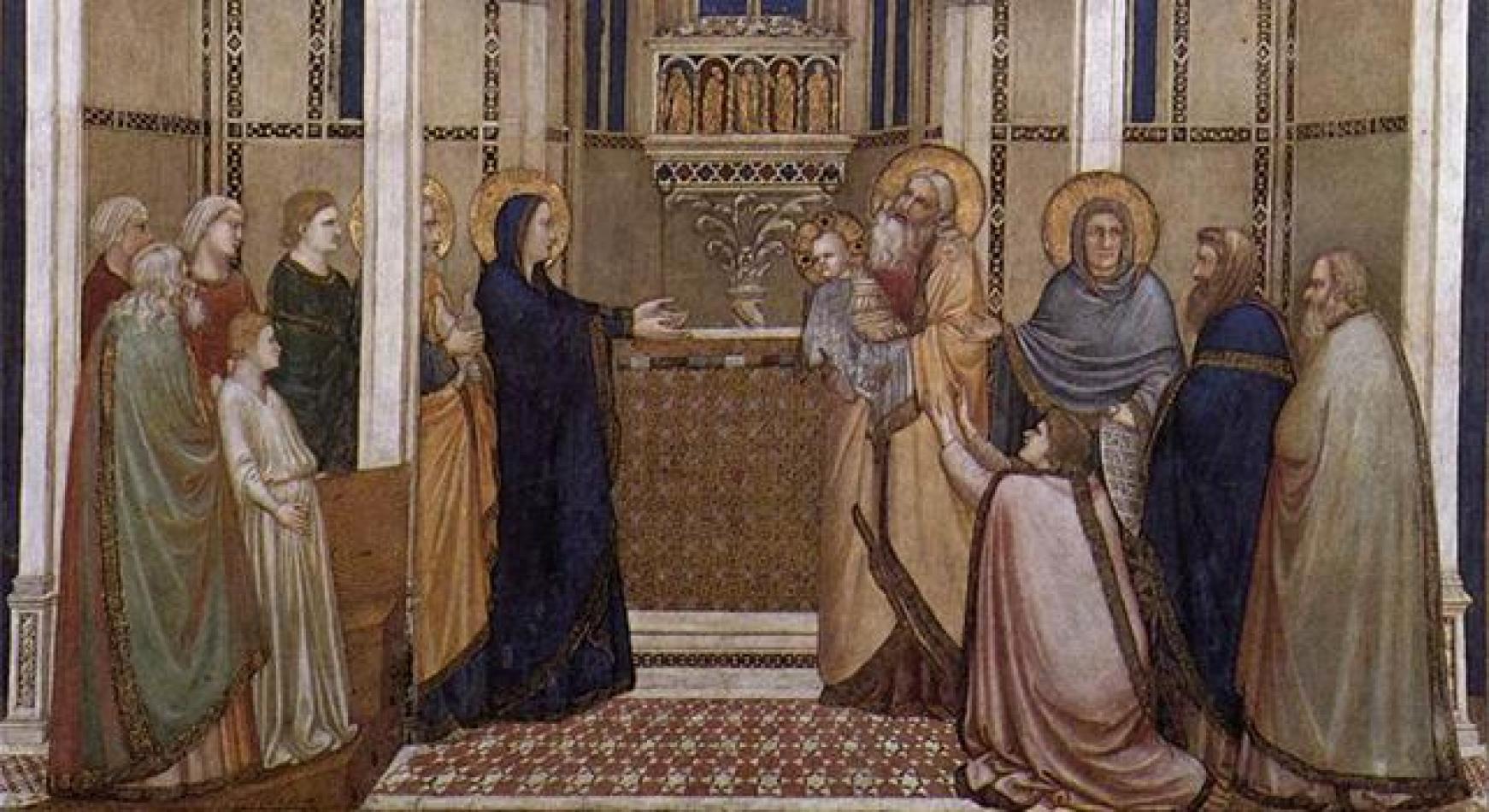Daniel Comboni
Comboni Missionaries
Institutional area
Other links
Newsletter
Autumn is the ideal time to meditate on human things. We have before us the annual spectacle of leaves that fall from the trees. This has always been seen as an image of human destiny. “Here we are as leaves on the trees in autumn,” says the poet Giuseppe Ungaretti. A generation comes, a generation goes …
“LIFE IS EXPECTATION!”
Fr. Raniero Cantalamessa
Jeremiah 3:14-16; 1 Thessalonians 3:12-4:2; Luke 21:25-28,34-36
Autumn is the ideal time to meditate on human things. We have before us the annual spectacle of leaves that fall from the trees. This has always been seen as an image of human destiny. “Here we are as leaves on the trees in autumn,” says the poet Giuseppe Ungaretti. A generation comes, a generation goes …
But is this truly our ultimate destiny? Is it worse than the fate of these trees? After it is stripped, the tree regains its leaves in spring. But man, once he passes, never again returns. At least he does not return to this world. … Sunday’s readings help us to give an answer to this most anxious of human questions.
There was a particular scene that I remember seeing in a film or reading about it in an adventure story as a child, a scene that left a deep impression. A railroad bridge had collapsed during the night. An unsuspecting train is coming at full speed. A railroad worker standing on the tracks calls out: “Stop! Stop!” and waves a lantern to signal the danger. But the distracted engineer does not see him and plunges the train into the river. … It seems to me something of an image of contemporary society, careening frenetically to the rhythm of rock ‘n’ roll, ignoring all the warnings that come not only from the Church but from many people who feel a responsibility for the future …
With the First Sunday of Advent, a new liturgical year begins. The Gospel that will accompany us in the course of this year, Cycle C, is the Gospel of St. Luke. The Church takes the occasion of these important moments of passage — from one year to another, from one season to another — to invite us to stop for a moment and reflect and ask ourselves some essential questions: “Who are we? From whence do we come? And, above all, where are we going?”
In the readings of Sunday’s Mass, the verbs are in the future tense. In the First Reading we hear these words of Jeremiah: “The days are coming, says the Lord, when I will fulfill the promise I made to the house of Israel and Judah. In those days, in that time, I will raise up for David a just shoot. …” To this expectation, realized in the coming of the Messiah, the Gospel passage brings a new horizon and content which is the glorious return of Christ at the end of time. “The powers of the heavens will be shaken. And then they will see the Son of Man coming in a cloud with power and great glory.”
These are apocalyptic, catastrophic tones and images. But what we have is a message of consolation and hope. They tell us that we are not heading for an eternal void and an eternal silence but we are on our way to an encounter, an encounter with him who created us and loves us more than mother and father.
Elsewhere the Book of Revelation describes this final event of history as an entering into a wedding feast. Just recall the parable of the ten virgins who enter with the bridegroom into the banquet hall, or the image of God who, at the threshold of the life to come, waits for us to wipe away the last tear from our eyes.
From the Christian point of view, the whole of human history is one long wait. Before Christ, his coming was awaited; after him, we await his glorious return at the end of time. For just this reason the season of Advent has something very important to say to us about our lives. A great Spanish author, Calderón de la Barca, wrote a celebrated play called “Life is a Dream.” With just as much truth it must be said that life is expectation! It is interesting that this is exactly the theme of one of the most famous plays of our times: Samuel Beckett’s “Waiting for Godot” …
Of a woman who is with child it is said that she is “expecting”; the offices of important persons have “waiting rooms.” But if we reflect on it, life itself is a waiting room. We get impatient when we have to wait, for a visit, for a practice. But woe to him who is no longer waiting for something. A person who no longer expects anything from life is dead. Life is expectation, but the converse is also true: Expectation is life!
What distinguishes the waiting of the believer from every other waiting; from, for example, that of the two characters who are waiting for Godot? In that play a mysterious person is awaited (who, according to some, would be God, hence, “God-ot”), without any certainty that he will really come. He was supposed to come in the morning; he sends word to say that he will come in the afternoon. In the afternoon he does not come, but surely he will come in the evening, and in the evening, perhaps tomorrow morning. … The two tramps are condemned to wait for him, they have no other alternative.
This is not how it is for the Christian. He awaits one who has already come and who walks by his side. For this reason after the First Sunday of Advent in which the final return of Christ is looked for, on the following Sundays we will hear John the Baptist who speaks of his presence among us: “In your midst,” he says, “there is one whom you do not know!” Jesus is present among us not only in the Eucharist, in the word, in the poor, in the Church … but, by grace, he lives in our hearts and the believer experiences this.
The Christian’s waiting is not empty, a letting the time pass. In Sunday’s Gospel Jesus also talks about the way that the disciples must wait, how they must conduct themselves in the meantime to not be taken by surprise: “Beware that your hearts do not become drowsy from carousing and drunkenness and the anxieties of daily life. … Be vigilant at all times.”
Of these moral duties we will speak another time. Let us conclude with a memory from a film. There are two big stories about icebergs in the movies. The one is that of the Titanic, which we know well. … The other is narrated in a Kevin Kostner film of several years back, “Rapa Nui.” A legend of Easter Island, which is in the Pacific Ocean, tells of an iceberg that, in reality, is a ship and that passes close to the island every century or so. The king or hero can climb aboard and ride toward the kingdom of immortality.
There is an iceberg that runs across the course which each of us travel; it is sister death. We can pretend to not see her or to be heedless of her like the people who were enjoying themselves on that tragic night aboard the Titanic. Or we can make ourselves ready and climb onto her and let ourselves be taken to the Kingdom of the blessed. The season of Advent should also serve this purpose …
[Translation by ZENIT]




